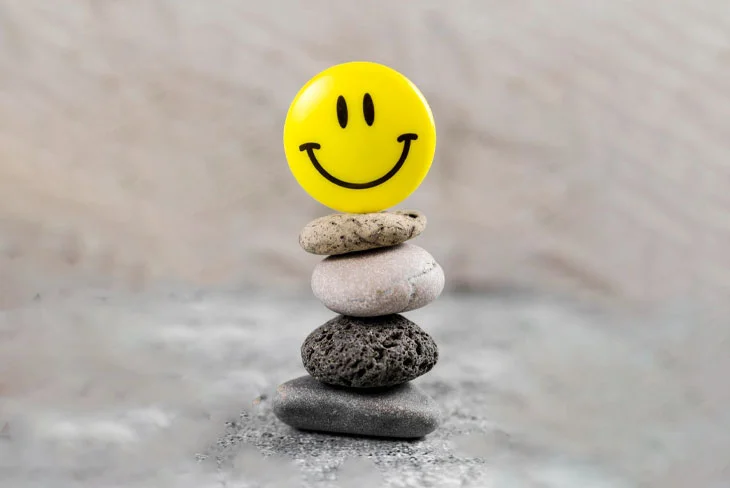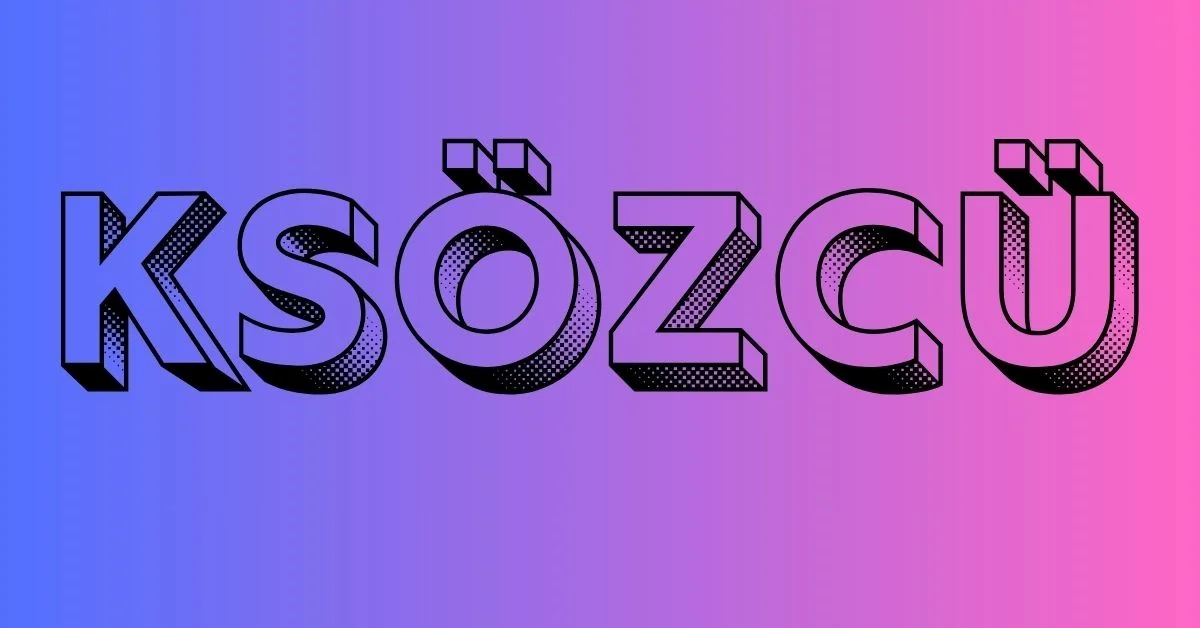In recent years, mental health awareness has surged worldwide, making well-being technology a fast-growing frontier. Into this dynamic landscape steps Symley—a fictional AI-driven platform designed to offer personalized mental wellness support. With features spanning emotional tracking, guided therapy sessions, and community engagement, Symley aims to revolutionize how people maintain their mental health in a digital-first world.
Let’s explore what Symley could offer, how it works, who it serves, and where it might fit within the broader mental wellness ecosystem.
What Is Symley?
Symley combines the words “sympathy” and “wisely,” reflecting an AI assistant that’s both empathetic and smart. It’s envisioned as a mobile and web-based mental wellness platform that supports users through:
-
Emotion recognition and tracking,
-
Interactive AI-guided journaling and reflection,
-
Self-paced micro-therapy modules,
-
A peer support community,
-
Professional help referrals, and
-
Wellness habit coaching.
By integrating empathy-driven AI with evidence-based wellness practices, Symley positions itself at the intersection of technology and mental health care.
Core Features of Symley
1. Emotional Tracking & Insights
Users log their feelings through quick mood check-ins—choosing emojis or phrases. Over time, Symley analyzes trends, offering insights like, “You tend to feel anxious before Monday mornings.” Such emotional intelligence helps users understand triggers and patterns.
2. AI-Guided Journaling
Using natural language processing, Symley understands user entries. If someone writes, “It’s been tough at work,” Symley might respond with supportive prompts:
“Would you like to explore what’s causing stress at work?”
This conversational interface helps users reflect and process emotions more deeply.
3. Micro-Therapy & Wellness Modules
Structured sessions like mindfulness exercises, cognitive-behavioral techniques, or positive psychology activities are available in short, digestible formats. For example:
-
5-minute breathing exercises,
-
A quick gratitude reflection, or
-
Guided visualizations to combat stress.
4. Community Support & Peer Chats
Symley includes moderated forums where users can connect anonymously around shared experiences—like anxiety, depression, or career stress. Community guidelines foster empathy, respect, and secure sharing.
5. Professional Integration
If a user shows signs of deeper mental health needs, Symley suggests licensed therapists or coaches. These referrals include telehealth links or local clinic suggestions, bridging self-care with professional support.
6. Habit Coaching & Reminders
Based on user goals—better sleep, daily reflection, regular breaks—Symley sets gentle reminders and tracks habits. The coaching module encourages consistency without judgment
How Symley Works
-
Onboarding – Users complete a short questionnaire about their stress levels, challenges, and goals.
-
Daily Check-ins – Brief mood logs help Symley learn emotional patterns.
-
Tailored Suggestions – Based on entries and behavior, Symley recommends modules or community groups.
-
Progress Tracking – Mood and activity charts visualize mental health changes over time.
-
Redirection to Care – High-anxiety users receive prompts to seek professional help, with in-app support links.
The platform blends automation with human oversight: AI guides but doesn’t replace care.
Who Is Symley For?
-
Young adults and college students juggling stress, identity, and online pressure.
-
Working professionals dealing with burnout, isolation, or anxiety.
-
Mental wellness beginners who value privacy and a gentle starting point.
-
People in remote locations with limited care access—they can connect digitally.
-
Caregivers and loved ones seeking guidance on supporting family members.
Symley works as a self-empowerment tool or a first stop before therapy.
Advantages & Innovations
-
Personalization at Scale – AI-based reflections and suggestions mean growth over time.
-
Preventive Care – Micro-interventions can stop stress before it escalates.
-
Reduced Barriers – Symley requires no appointments, lengthy forms, or travel.
-
Community Belonging – Peer chats give validation and real-world support.
-
Holistic Care Model – Combines journaling, self-reflection, community, and professional help.
Potential Challenges & Considerations
-
Data privacy – Emotional and personal data must be securely protected with encryption and strict policies.
-
AI limitations – While helpful, AI can’t replace human empathy; disclaimers are needed.
-
Ethical boundaries – Symley must avoid overstepping into medical advice; it’s not a clinician.
-
Inclusivity – Language support, cultural sensitivity, and accessibility options are essential.
To succeed ethically, Symley would need clear transparency, user consent, and collaborative input from mental health professionals.
Symley in the Broader Wellness Ecosystem
Today, many mental wellness tools exist—Headspace (meditation), Woebot (AI chats), Talkspace (therapy). Symley differentiates itself by blending:
-
Emotional tracking,
-
Reflective AI journaling,
-
Peer support, and
-
Direct pathway to professional help.
This fourfold combination uniquely positions it as more than another meditation or therapy app—it’s a digital mental health companion.
Growth Strategy & Impact
To scale and make real-world impact, a hypothetical Symley rollout might include:
-
Academic Beta Testing – Piloting with university counseling centers.
-
Employer Partnerships – Offering Symley as part of workplace wellness programs.
-
Licensing to Clinics – Integrating client journals, trackers, and mood data.
-
Freemium Model – Offer basic features for free; premium modules could be subscription-based.
Research partnerships and impact studies would build credibility, especially if Symley helps reduce anxiety or depression scores over time.
Frequently Asked Questions (FAQs)
Q1: Is Symley a therapy app?
No—Symley is a mental wellness platform. It supports reflection and emotional tracking but directs users to licensed help if deeper care is needed.
Q2: Is my data private and secure?
Yes—Symley uses end-to-end encryption, anonymized storage, and GDPR/CCPA compliance in an imaginary implementation.
Q3: Can AI misinterpret my emotions?
It’s possible. Symley’s AI is meant to suggest, not decide. Users can correct or override AI feedback at any time.
Q4: How often should I use Symley?
Even 2–3 check-ins weekly can build insight. Daily use is encouraged but not mandatory.
Q5: How much does Symley cost?
A free tier includes mood tracking and reflection. Premium content (like guided therapy modules) might require a reasonable monthly subscription.
Q6: Who developed Symley?
In this concept, it’s developed by a team of AI engineers, psychologists, and UX designers—blending empathy with innovation.
Looking Ahead: The Future of Symley
If Symley were real, future expansions could include:
-
Multimodal inputs: Voice emotion analysis, wearable data integration.
-
Family or partner support mode: Shared reflection tools for loved ones.
-
AI-generated inspirational content: Personalized quotes, affirmations, or poems.
-
Language expansion: Making Symley accessible in multiple languages and cultures.
Conclusion
Symley, while fictional, embodies the future of digital mental wellness—empathetic, scalable, and intelligent. By combining emotional tracking, guided journaling, peer support, and professional resources, Symley represents a holistic tool for maintaining mental health in our busy lives.


